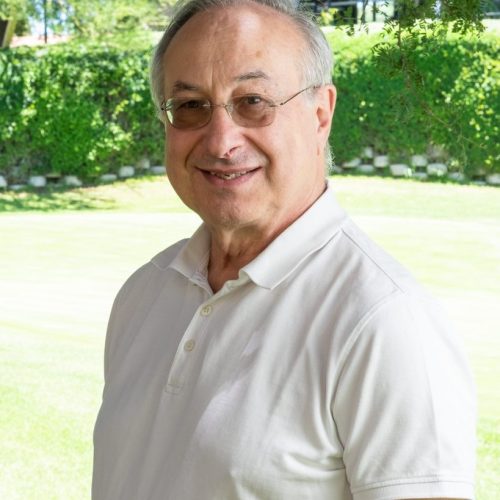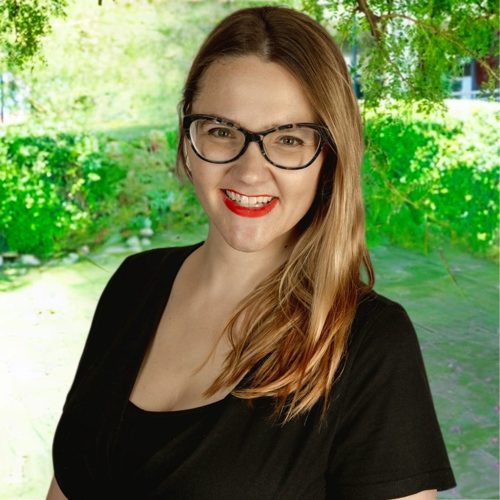The Press Council of South Africa.
Office of the Press Council
There are four full-time staff members at the Press Council – the Executive Director, the Public Advocate, the case manager and the office manager. The Public Advocate assists complainants with their matters and seeks an amicable outcome. The Press Ombud and the two Deputy Press Ombuds serve part-time. The Ombud decides matters either on the papers or convenes a hearing with an Adjudication Panel with at least one public and one press member. Both sides get an opportunity to state their case at hearings. The Executive Director, Public Advocate, Press Ombud and Deputy Press Ombuds serve ex-officio on the Council without voting rights.
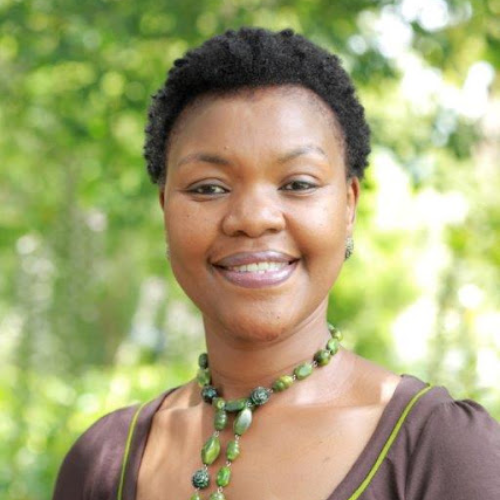
Phathiswa Magopeni
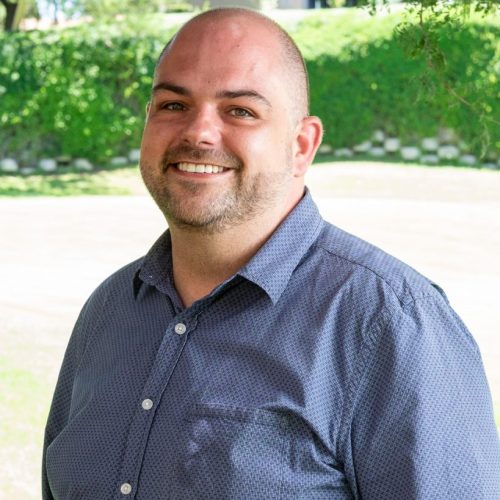
Herman Scholtz

Tyrone August

Franz Krüger

Fanie Groenewald
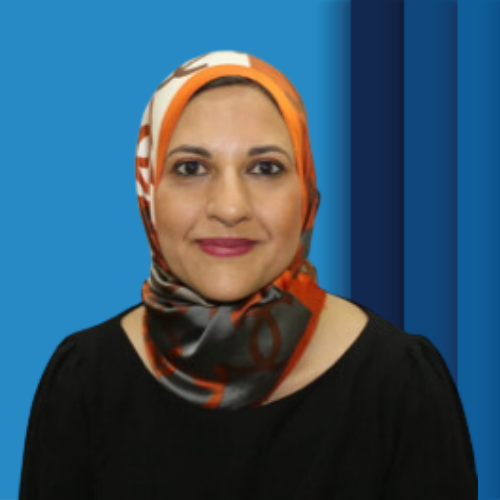
Fatima Seedat
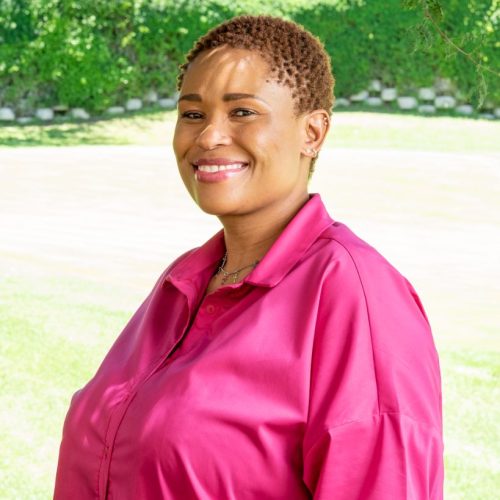
Khanyi Mndaweni
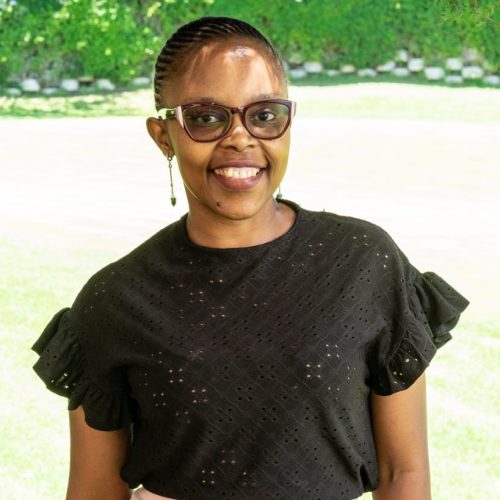
Millicent Gumede
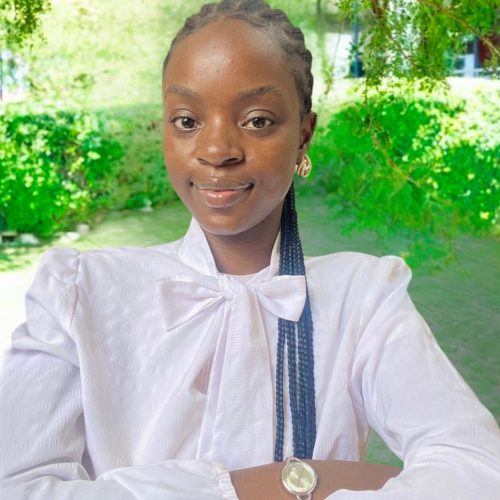
Khensani Mokoena
Council members
The Press Council is chaired by a retired judge, appointed following a recommendation by the Chief Justice. The chair is joined by six individuals representing members of the constituent bodies, as well as six individuals representing the public. Each constituent body chooses its own representatives, while positions filled by the public are advertised.
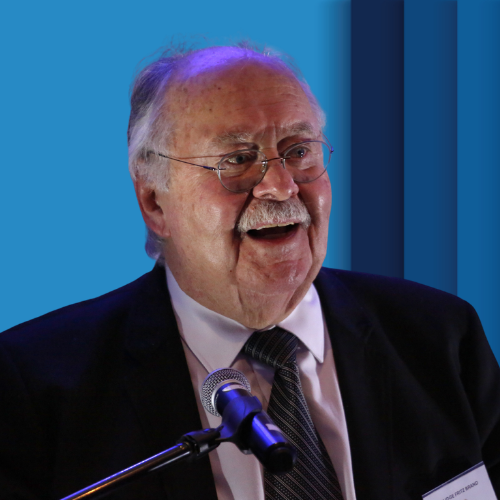
Judge Fritz Brand
-
Judge Brand had been a senior lecturer at the law faculty of the University of Stellenbosch before he became a member of the Cape Bar and a member of the Cape Bar Council. Justice Brand was also a judge of the High Court in Cape Town, a judge of appeal at the Supreme Court of Appeal and an acting judge to the Constitutional Court for two terms. He has been a visiting lecturer at a number of universities in South Africa and abroad. At present Justice Brand is an Extraordinary Professor in Private Law at the University of the Free State and chair of the Vereniging Hugo de Groot in the Netherlands.
Public Representatives

Faizal Dawjee
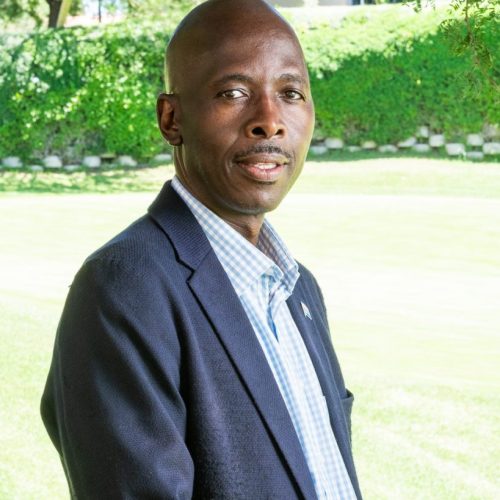
Themba Sepotokele
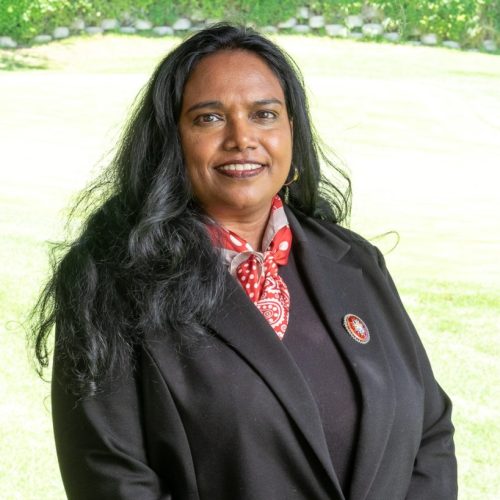
Mary Papayya
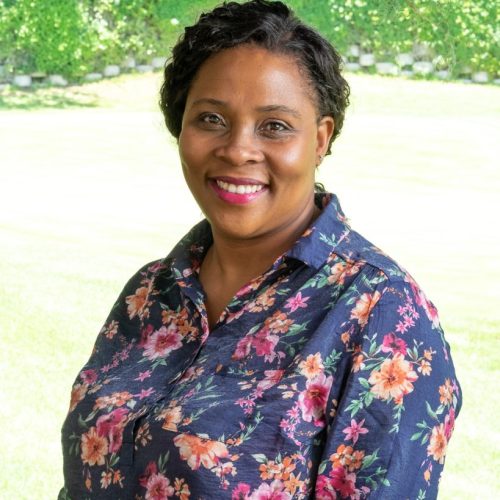
Sisanda Nkoala
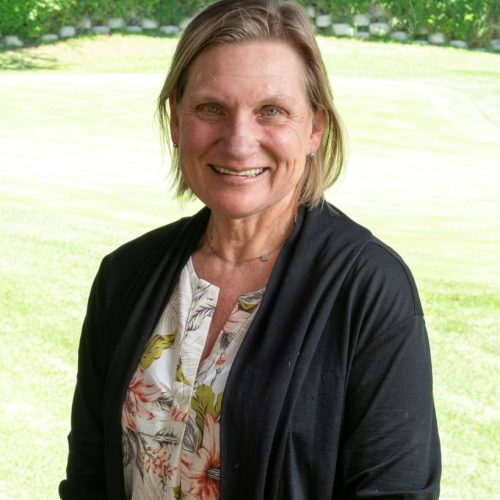
Pippa Green
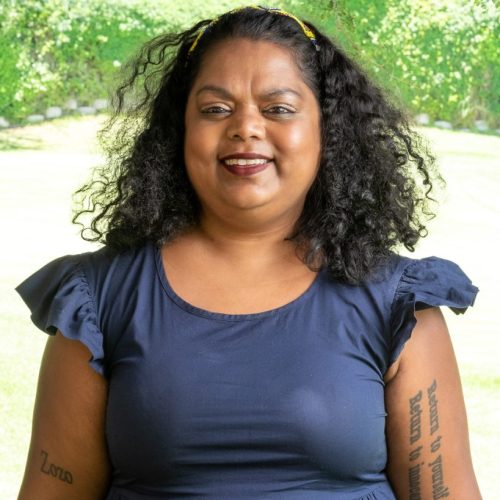
Kemantha Govender
Press Representatives
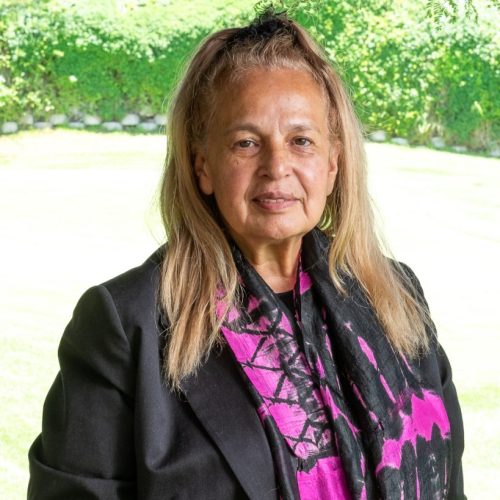
Amina Frense
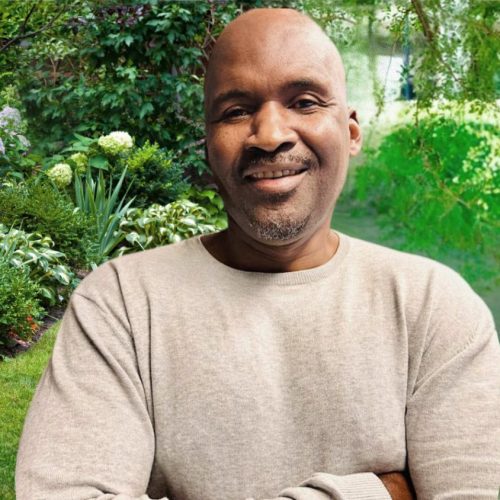
Thivhudziswi Lukoto
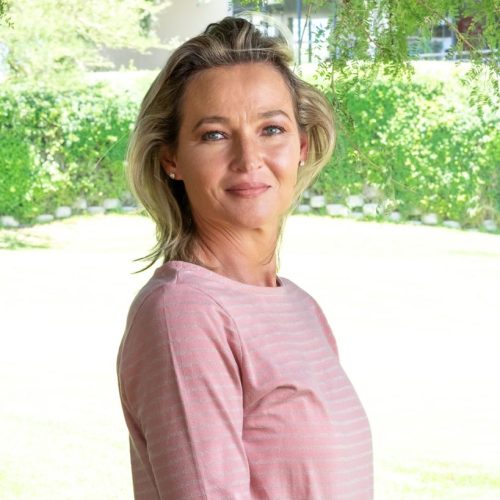
Marietta Lombard
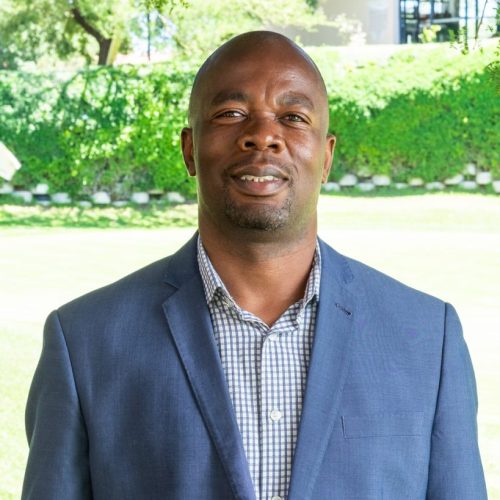
Dunisani Ntsanwisi

Izak Minnaar
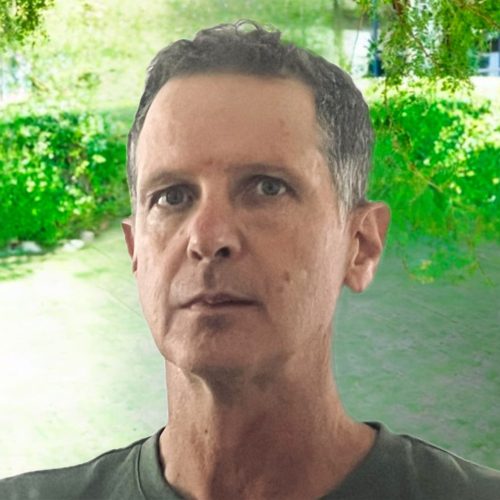
Chris Borain
Promoting press freedom.
Adjudication Panel
The Adjudication Panel consists of eight public representatives and six press representatives. Positions for public representatives are advertised and they are appointed by the Appointments Panel of the Press Council. Council’s constituent bodies appoint their own representatives. If the Press Ombud or an Adjudication Panel dismisses your complaint, you can apply for leave to appeal to the Chair of the Appeals Panel, who is also a retired judge appointed on the recommendation of the Chief Justice. The chair first considers the application for leave to appeal – deciding whether it is possible that an Appeal Panel could come to a different conclusion from that of the Ombud or Adjudication Panel. If he thinks not, he will dismiss the application in writing, giving his reasons. If he thinks it is possible, he will convene an appeal hearing. At this hearing he will be joined by one press representative and one or more public representatives from the Panel of Adjudicators. Anyone who sat with the Press Ombud on the Adjudication Panel is excluded from sitting on the same matter in an appeal hearing.

Judge Bernard Ngoepe
-
A practising attorney for seven years before being admitted as an advocate in 1983, Justice Ngoepe joined the Pretoria Bar in 1984 and took silk in November 1994. He was a judge of the Transvaal Provincial Division before serving as an Acting Judge of the Constitutional Court. Justice Ngoepe was the first Tax Ombudsman of South Africa, and also the Chancellor of the University of South Africa.
Public Representatives
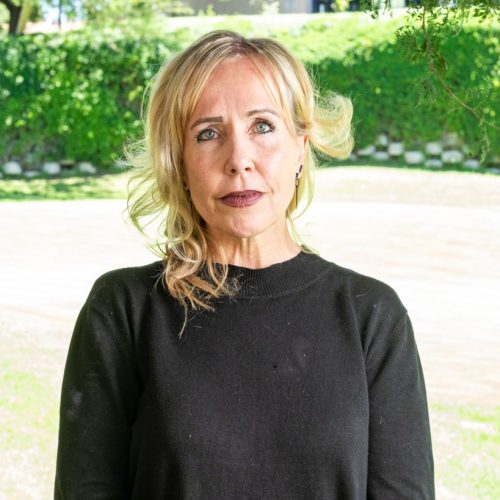
Janet Smith
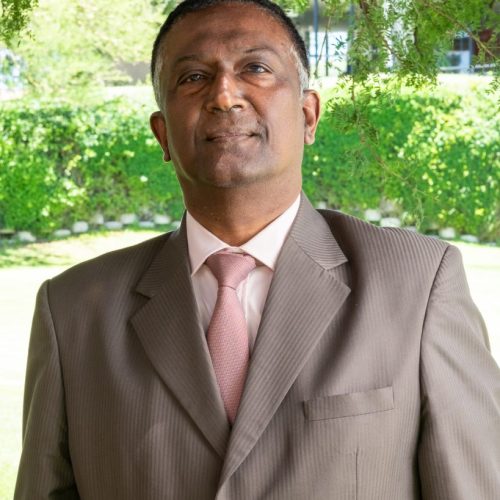
Karthy Govender

Ben Winks

Reg Rumney
Press Representatives

Andre Gouws
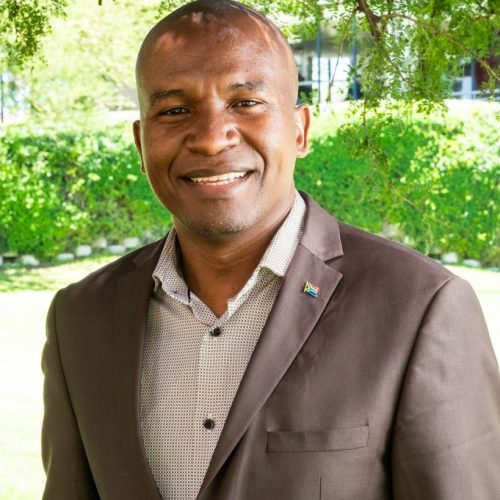
Tshamano Makhadi

Joe Thloloe
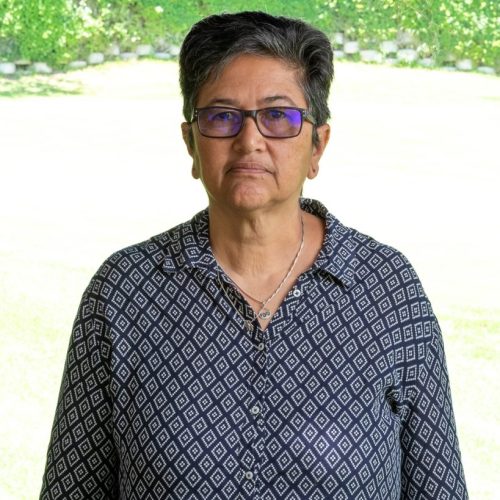
Heather Robertson
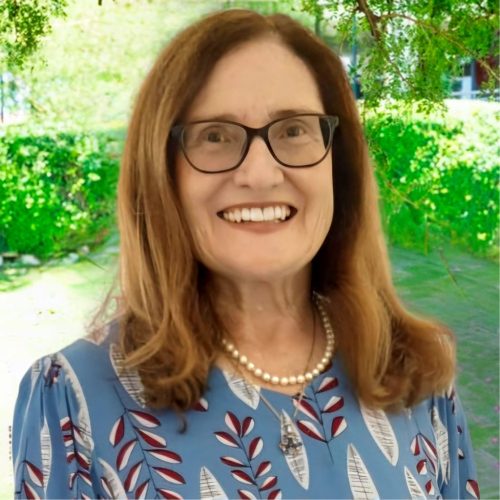
Judy Sandison
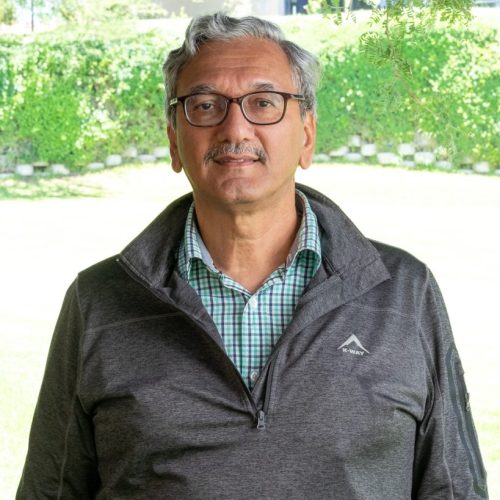
Mahmood Sanglay
Appointments Panel
Council requests the Chief Justice to recommend a judge who is no longer in active service to serve as part-time chair of the Appointments Panel. Council appoints up to four councillors, preferably consisting of two press representatives and two public representatives, to assist the chair of the Appointments Panel, one representative being a member of the Finance and Human Resources committee. The Executive Director is an ex officio member of the Appointments Panel, without voting rights. The Panel appoints public representatives to Council and the Panel of Adjudicators, and also the Executive Director, the Press Ombud, the Deputy Press Ombuds and Public Advocate.
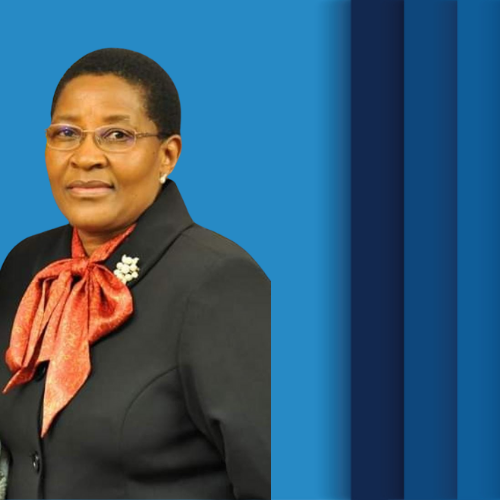
Justice Bess Nkabinde
-
Her career in law began in 1984 as a State Law Advisor in Bophuthatswana, where Justice Bess Nkabinde was admitted as an advocate in 1988. She did her pupillage at the Johannesburg Bar in 1989, the same year she was admitted as an advocate in the Republic of South Africa. She practised as an advocate of the North West Bar from 1990 to 1999. In 2000 and 2003, Justice Nkabinde was an Acting Judge of the Labour Court, and from 2004 to 2005, an Acting Judge of the Labour Appeal Court. In 2005, she was an Acting Judge of the Supreme Court of Appeal, and from 2006 to 2017, the Acting Deputy Chief Justice of the Constitutional Court, including a period in November 2016, when she was the Acting Chief Justice. From October 2018 to 2020, Justice Nkabinde was an Acting Judge of Appeal in the Supreme Court of Namibia and is currently a Judge of Appeal in the Court of Appeal in Botswana.
Defending free speech.
In tribute
The Press Council had the privilege of working with three esteemed and exceptional judges who, upon their passing, left a significant imprint on our work. Equally, we carry the prestige of working with a formidable media activist. Here, we honour them.

Justice Yvonne Mokgoro
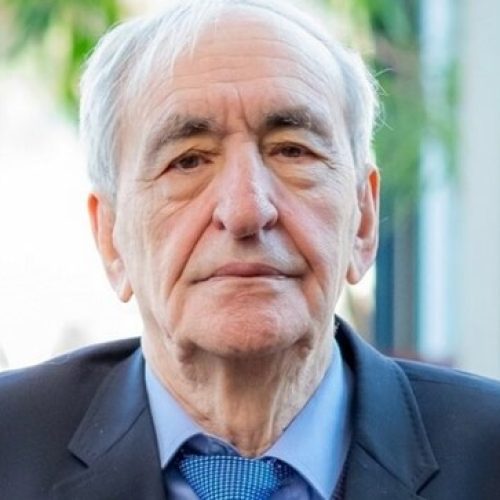
Justice Phillip Levinsohn

Justice Ralph Zulman
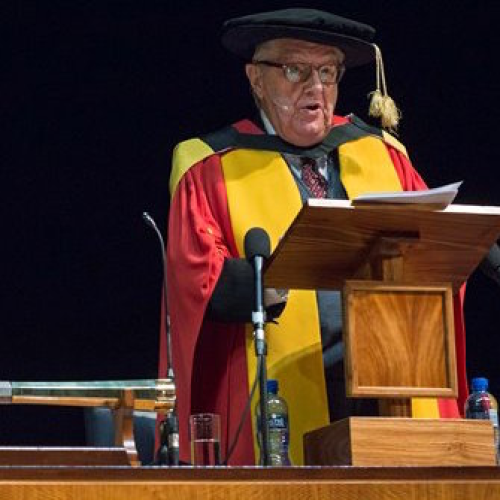
Raymond Louw
Constituent bodies
The Constituent Associations established a voluntary independent co-regulatory system involving exclusively representatives of the press and the public, with the aims and objectives set out in the Constitution of the Press Council. The Constituent Associations and the Subscriber Publications and Subscriber Members explicitly guarantee the independence of the Press Council, so that it can act without fear or favour in the interests of a free and ethical press. The Council may invite representatives from the media industry not listed among the Constituent Associations, and who are not Subscriber Publications or Subscriber Members, to participate in the affairs of the Council in order to achieve national consensus on matters affecting the press.
-
- the public, and
- the media
But our stakeholder groups are so broad that we need to further segment.


